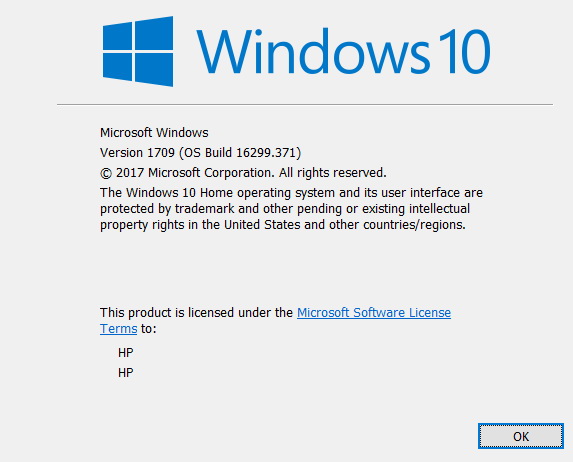"Unlock Your Financial Freedom with Unsecured Consolidation Loans: A Comprehensive Guide"
Guide or Summary:Understanding Unsecured Consolidation LoansThe Benefits of Unsecured Consolidation LoansHow to Qualify for Unsecured Consolidation LoansPot……
Guide or Summary:
- Understanding Unsecured Consolidation Loans
- The Benefits of Unsecured Consolidation Loans
- How to Qualify for Unsecured Consolidation Loans
- Potential Drawbacks of Unsecured Consolidation Loans
- Conclusion: Is an Unsecured Consolidation Loan Right for You?
Understanding Unsecured Consolidation Loans
Unsecured consolidation loans are financial products designed to help individuals combine multiple debts into a single, more manageable loan. Unlike secured loans, these do not require collateral, making them an attractive option for borrowers who may not have significant assets to pledge. The primary goal of unsecured consolidation loans is to simplify debt management, reduce monthly payments, and potentially lower interest rates.
The Benefits of Unsecured Consolidation Loans
One of the most significant advantages of unsecured consolidation loans is the ease of managing finances. By consolidating various debts—such as credit card balances, personal loans, and medical bills—into one loan, borrowers can streamline their payments. This can lead to improved budgeting and a clearer understanding of one’s financial situation.

Additionally, unsecured consolidation loans can offer lower interest rates compared to credit cards, which often carry high-interest rates. This reduction can save borrowers money over time and help them pay off their debts more quickly. Furthermore, many lenders allow for flexible repayment terms, enabling borrowers to choose a plan that best fits their financial circumstances.
How to Qualify for Unsecured Consolidation Loans
Qualifying for unsecured consolidation loans typically involves a review of your credit history and financial situation. Lenders will assess your credit score, income, and existing debts to determine your eligibility. A higher credit score can improve your chances of securing a loan with favorable terms, while a lower score may result in higher interest rates or denial of the application.
It’s essential for borrowers to shop around and compare offers from different lenders. Each lender may have varying requirements and interest rates, so doing thorough research can help you find the best deal. Additionally, consider consulting with a financial advisor to help navigate the options available to you.

Potential Drawbacks of Unsecured Consolidation Loans
While unsecured consolidation loans can provide relief for many borrowers, they are not without risks. One significant drawback is the potential for accumulating more debt. If individuals do not change their spending habits after consolidating their debts, they may find themselves in a worse financial situation than before.
Moreover, unsecured loans often come with higher interest rates than secured loans, which means that the total cost of borrowing could be higher if not managed correctly. It’s crucial to have a solid repayment plan in place and to avoid taking on new debt while paying off the consolidation loan.
Conclusion: Is an Unsecured Consolidation Loan Right for You?
Deciding whether an unsecured consolidation loan is the right choice for you depends on your unique financial situation. If you are struggling with multiple debts and high-interest rates, consolidating your loans could provide a pathway to financial stability. However, it’s vital to approach this option with caution and to ensure that you have a plan in place to manage your finances moving forward.

In summary, unsecured consolidation loans can be a valuable tool for those looking to regain control over their financial lives. By understanding the benefits and potential pitfalls, borrowers can make informed decisions that lead to a brighter financial future.